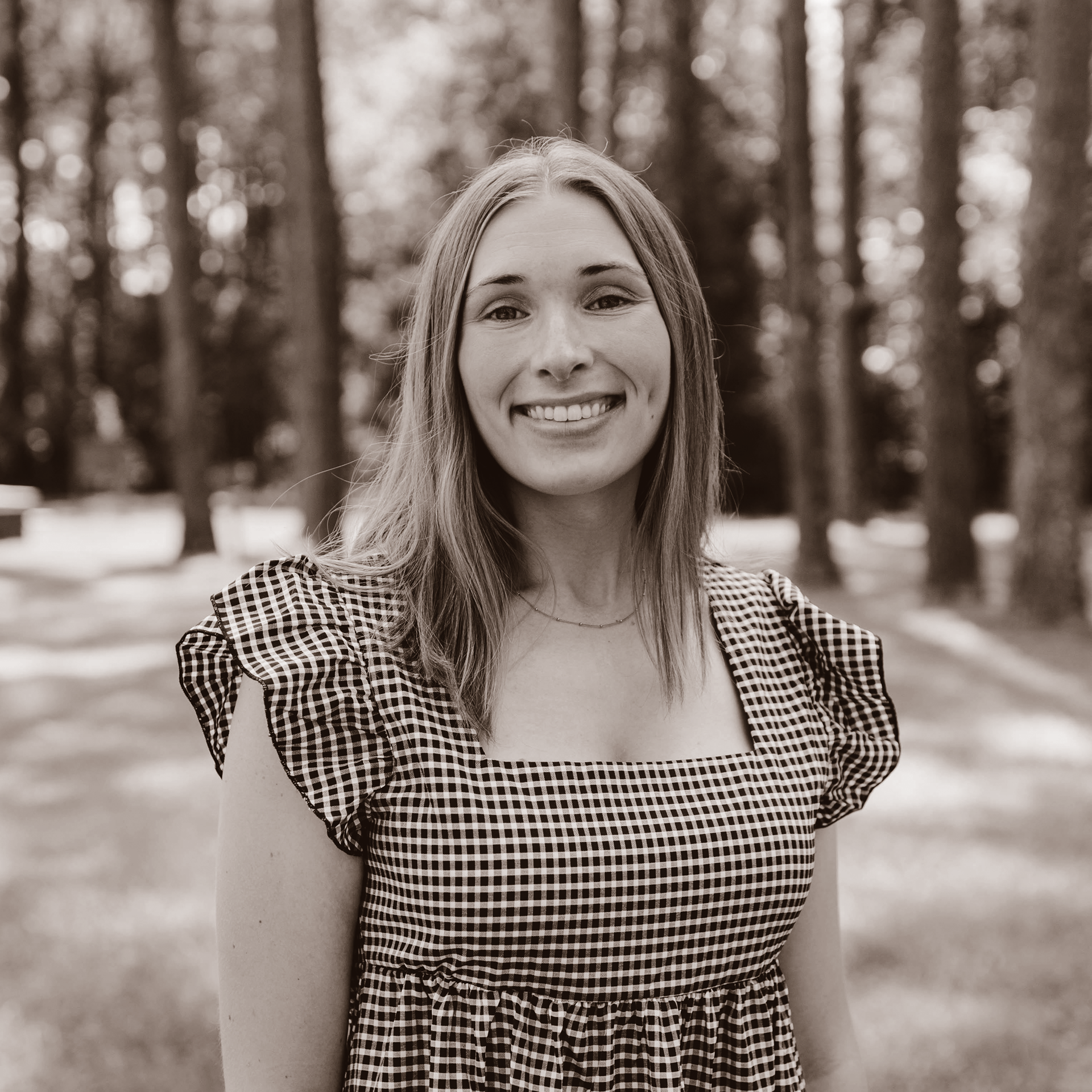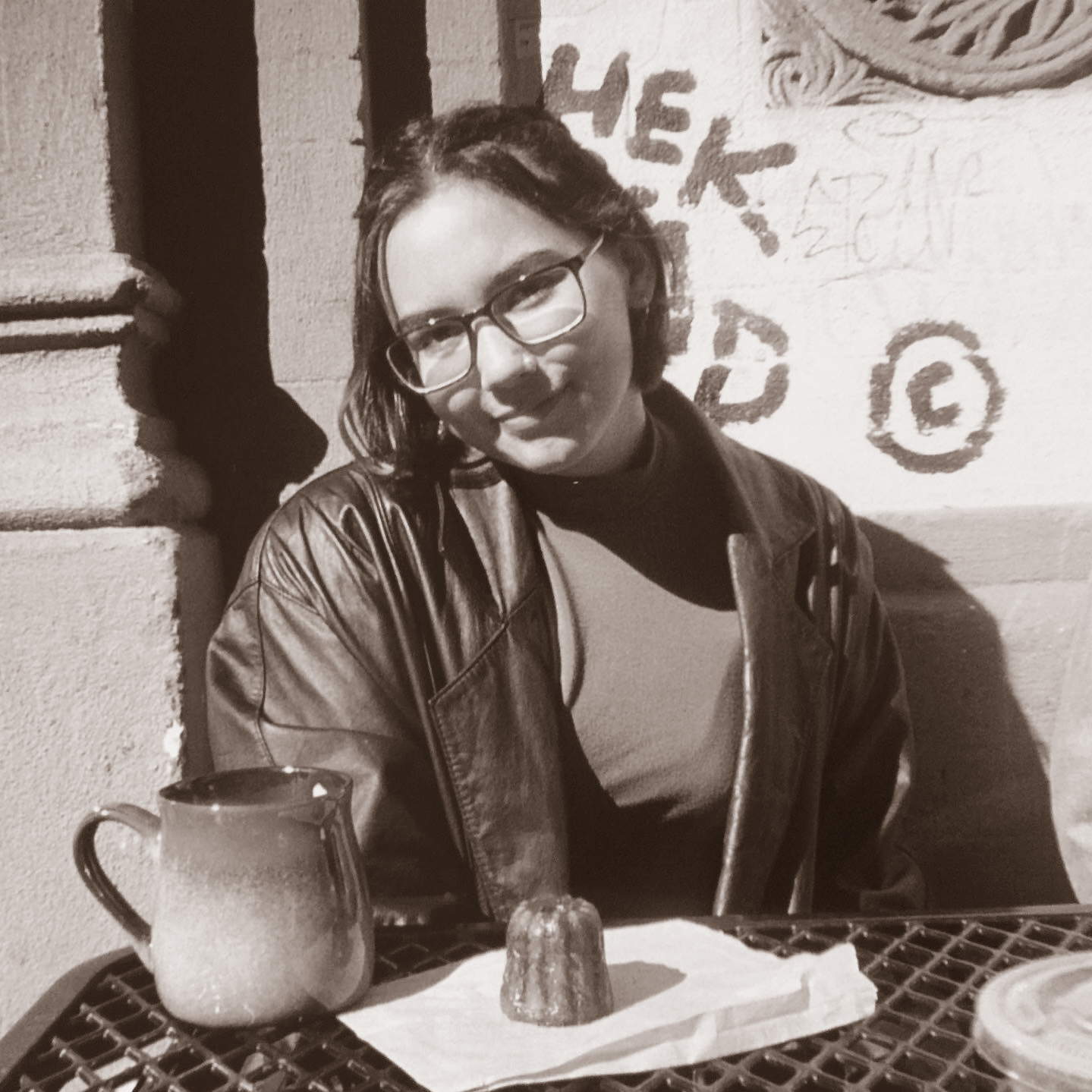When I stepped onto campus
for the first time in 2020, I had spent eighteen years of my life getting really good at pretending. Performing felt like a survival mechanism and my best-kept secret, especially at church. I desperately craved acceptance but was convinced that this would only come through creating a false image.
After years of posing, I couldn’t picture a world where I could be loved without my achievements. I also thought that I cracked the code to make all that imposter syndrome go away (at least for a little while). My formula went like this: be good, be noticed for being good, and be loved because you’ve been good.
Although I did not feel its effects for several years, my understanding of love was conditional, and it poisoned my relationships with friends, family, and God. Worse than that, this formula gave me two damaging beliefs about my identity—namely that my purpose in life is to be praised, and I will only receive love if I perform good works.
As you can imagine though, when your identity rests on performance and praise, you feel like a total fraud twenty-four hours a day. And you are constantly exhausted from people-pleasing. Even still, I truly believed that if I tried hard enough, it would eventually pay off.
Spoiler alert: my formula never worked, and King’s taught me why. Despite my initial resistance, I am fundamentally changed by The King’s College’s curriculum, staff, and faculty. The most formational lessons actually came from my theology minor too. (Shout out to the RTS department—I should have changed my major ;)).
Hebrew Literature explained to me the importance of historical context in the Old Testament; New Testament walked me through early Christian doctrine; Principles of Biblical Interpretation warned me about the dangers of biblicism; and Christianity and the City gave me practical tools for contextualizing the Gospel in urban settings.
Altogether, my education has taught me that praise and performance do not matter when you understand the power of Christ’s death and resurrection from the cross. My professors have taught me that pretending gets you nowhere with a Holy God. And my community has taught me that grace and mercy ultimately prevail. Therefore, I get to ditch the disguise and be who the Lord calls me to be.
For the first time in my life, it was as if someone graciously looked me in the eye and said “it’s not about you.” This felt like both a slap in the face and a tremendous sigh of relief.
The King’s College shattered my formula, and it is one of the best things that has ever happened to me. And now I have a new belief about my identity—that God in his kindness looked upon a sinner like me and called her “loved.”
Quinn Nagy
Former House Chamberlain | House of Margaret Thatcher | Class of '24
You Can Invest in a Story Like This.










